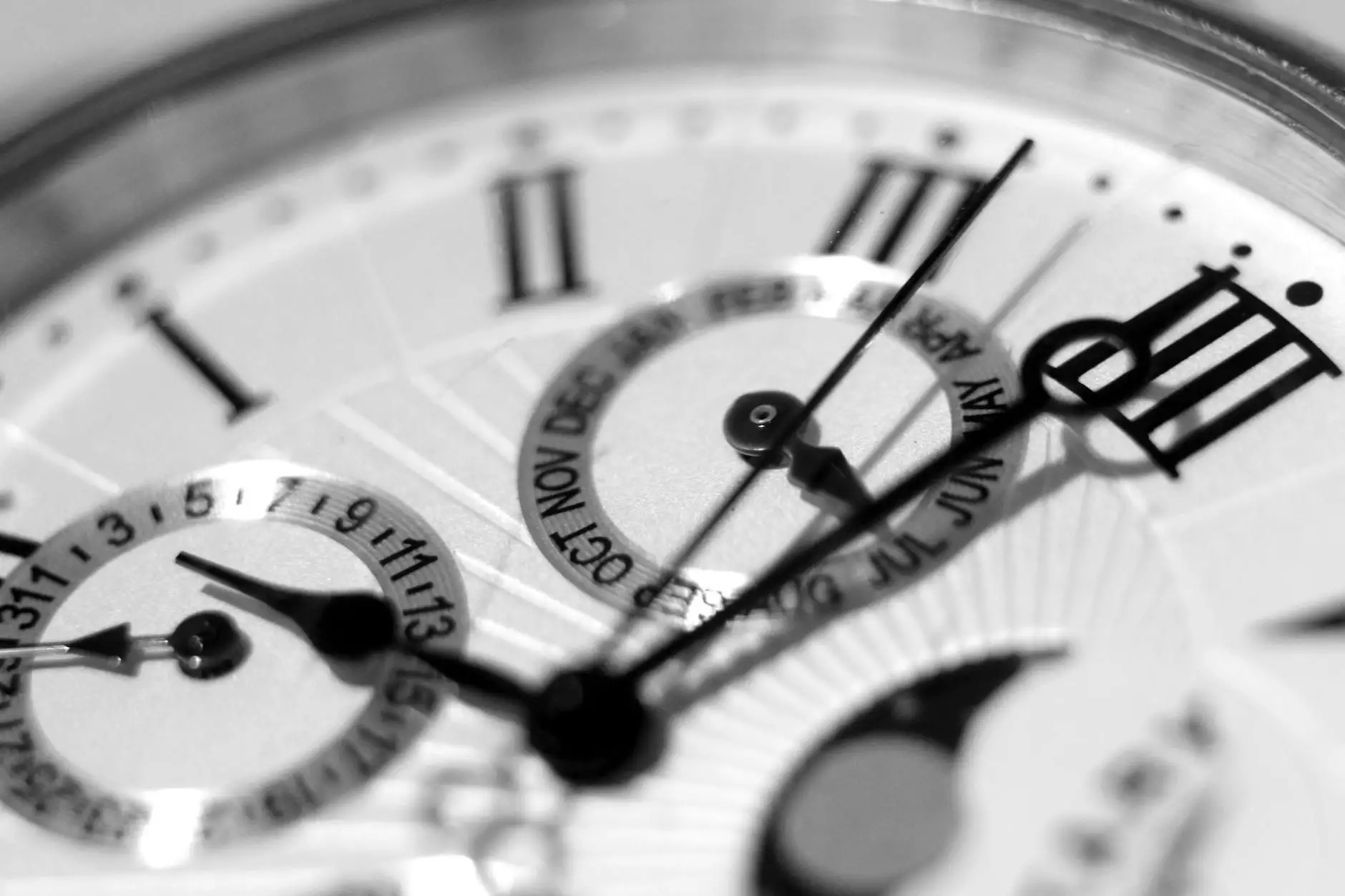The Essential Role of Lung Cancer Chest CT in Diagnosis and Treatment

Lung cancer remains one of the most prevalent causes of cancer-related mortality worldwide. Early diagnosis is crucial for improving patient outcomes and survival rates. One of the most effective tools in the arsenal of modern medicine is the lung cancer chest CT (computed tomography) scan. Through this detailed article, we will explore how these scans contribute to the diagnosis and management of lung cancer, emphasizing their importance in healthcare.
What is a Chest CT Scan?
A chest CT scan is a non-invasive imaging technique that uses X-rays to produce detailed cross-sectional images of the chest, including internal organs such as the lungs, heart, and blood vessels. It allows healthcare providers to visualize structures in greater detail than standard X-rays, making it an invaluable tool in the detection and monitoring of lung cancer.
How Does a Chest CT Scan Work?
The lung cancer chest CT scan works by rotating around the patient, collecting numerous images from various angles, which are then processed by a computer to generate a comprehensive view of the chest. The process involves:
- Preparation: Patients are typically asked to avoid food for several hours before the scan.
- Scanning: The patient lies on a table that moves through the scanner. The X-ray machine rotates around them, capturing the images.
- Post-Processing: The images are compiled to create cross-sectional views of the lungs and other thoracic structures.
The Importance of Chest CT Scans in Detecting Lung Cancer
Early detection of lung cancer significantly increases the chances of successful treatment. The lung cancer chest CT scan is pivotal in identifying tumors at an early stage, even when symptoms are minimal. Some critical benefits include:
- High Sensitivity: Chest CT scans can detect small nodules or lesions that may not be visible through conventional X-rays.
- Detailed Visualization: They provide a detailed view of the lung’s structure, assisting in differentiating benign from malignant growths.
- Staging of Cancer: CT scans are instrumental in determining the stage of lung cancer, aiding in treatment planning.
Who Should Undergo a Chest CT Scan?
While chest CT scans are critical for diagnosing lung cancer, they are typically recommended for specific populations, including:
- High-Risk Individuals: Patients aged 55-80 years with a history of heavy smoking are advised to undergo annual screening.
- Patients with Symptoms: Individuals presenting symptoms such as persistent cough, unexplained weight loss, or chest pain may require immediate imaging.
- Follow-Up Care: Patients diagnosed with lung cancer may require regular CT scans to monitor treatment response or detect recurrence.
The Procedure: What to Expect During a Lung Cancer Chest CT Scan
The procedure for a lung cancer chest CT is straightforward and typically lasts only a few minutes. Here’s what a patient can expect:
- Arrival: Patients arrive at the imaging center and complete any necessary paperwork.
- Changing Clothes: Patients may be asked to wear a hospital gown to avoid interference from clothing.
- IV Contrast (if applicable): Some scans may require injection of contrast dye to enhance image clarity.
- Scanning Process: Patients lie on a table; the technician positions them correctly, and the scanning begins.
- Post-Procedure: Patients can usually resume normal activities immediately after the scan.
Understanding the Results of a Chest CT Scan
After the lung cancer chest CT scan, the images are analyzed by a radiologist. Results will typically include:
- Nodule Description: Information on the size, shape, and location of any detected nodules.
- Comparison to Previous Scans: If applicable, previous scans may be compared to assess changes over time.
- Recommendations: Further tests, additional imaging, or referrals may be suggested based on findings.
Interpreting CT Scan Findings
While a chest CT scan can provide crucial information, interpreting the findings accurately requires expertise. Healthcare providers will consider various factors, such as:
- History of Smoking: An individual's smoking history plays a significant role in lung cancer risk assessment.
- Family History: A family history of lung cancer may necessitate more extensive monitoring.
- Existing Lung Conditions: Prior lung diseases may influence the interpretation of scan results.
Advancements in Chest CT Technology
The field of medical imaging is rapidly evolving, with numerous advancements enhancing the effectiveness of lung cancer chest CT scans. Innovations include:
- Low-Dose CT Scanning: Reduces radiation exposure while maintaining image quality, particularly important for screening programs.
- 3D Reconstruction: Advances in imaging software allow for three-dimensional reconstruction of images for better visualization.
- AI Integration: Artificial intelligence technologies are being employed to assist in detecting and analyzing lesions more accurately.
The Role of Neumark Surgery in Lung Cancer Care
At Neumark Surgery, we prioritize comprehensive care for patients facing the challenges of lung cancer. Our team of experts is dedicated to employing the latest in medical technology and personalized treatment plans. We offer:
- Expert Diagnostics: Utilizing advanced lung cancer chest CT scans for early detection and accurate staging.
- Multidisciplinary Approach: Collaboration among oncologists, thoracic surgeons, and radiologists to tailor treatment strategies.
- Patient Support: Providing emotional and logistical support throughout the treatment process.
Conclusion: The Future of Lung Cancer Diagnosis and Treatment
As research and technology continue to advance in the field of oncology, the role of imaging, particularly the lung cancer chest CT scan, remains pivotal in diagnosing and managing this serious disease. Early detection, combined with a robust treatment approach, can significantly improve outcomes for lung cancer patients.
At Neumark Surgery, we are committed to utilizing the most current technology to ensure our patients receive the best possible care. By prioritizing advanced diagnostic imaging and offering a comprehensive understanding of treatment options, we strive to support patients in their journey through lung cancer.
For more information or to schedule a consultation regarding lung cancer and the role of chest CT scans, please visit us at Neumark Surgery.









